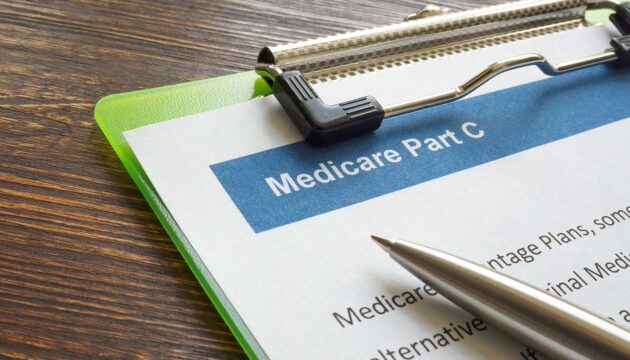Articles
-
Estimating Overpayments to MA Plans: MedPAC Critics Get It Wrong
Why many of the key assertions in a recent Forefront article challenging the MedPAC’s estimate that favorable selection and upcoding increase payments to Medicare Advantage (MA) plans in 2024 by $83 billion are wrong.
Categorized in -
Key USC Researchers’ Dementia Cost Model Aims to Help Patients, Families
Knowing the actual costs of dementia could help families plan their budgets and support needs, inform treatment and caregiving options, and shape health care policy.
-
Study: States With the Most Restrictive Abortion Policies Saw the Biggest Declines in Use of Birth Control and Emergency Contraceptives After Dobbs Decision
The findings suggest that the Supreme Court’s reversal of Roe v Wade has had wider ramifications for women’s reproductive health than previously thought.
Categorized in -
Access to New Alzheimer’s Treatments Bogged Down by Medicare Policy
There are now two Alzheimer’s treatments with significant clinical benefit. It’s not clear how quickly patients will be able to benefit.
Categorized in -
Analysis: Competitive Bidding Vital to Ensuring Sustainability of Medicare Advantage
Schaeffer Center researchers detail how a competitive bidding structure – whereby plans compete on price and quality – would improve the MA program.
Categorized in -
Mothers Pay More Out of Pocket When Pregnancy Crosses Two Calendar Years
The Schaeffer Center study suggests that women with high-deductible health plans pay more out-of-pocket for maternity care when pregnancies span two calendar years, facing annual deductibles twice.
Categorized in -
How To Advance The Debate Over QALYs: A Response To Kaplan et al.
Jason Doctor and Darius Lakdawalla respond to a recent Health Affairs Forefront article by Robert Kaplan and colleagues and call for an alternative to QALYs, given issues with the underlying assumptions.
Categorized in -
Remote Blood Collection Shows Promise for Alzheimer’s Research
A new study shows promise for using remote blood collection to find participants for Alzheimer’s trials.
-
“Secret Shoppers” Find Most Hospitals Have Flexible Payment Options, but Details Are Hard to Come By
The study from the USC Schaeffer Center also found that 18% of hospitals could not be reached after three phone call attempts.
Categorized in -
Response to CMS Request for Information on Medicare Advantage Data
Schaeffer Scholars provided recommendations on improvements related to publicly available data, as well as administrative Encounter and Part D data.
Categorized in









